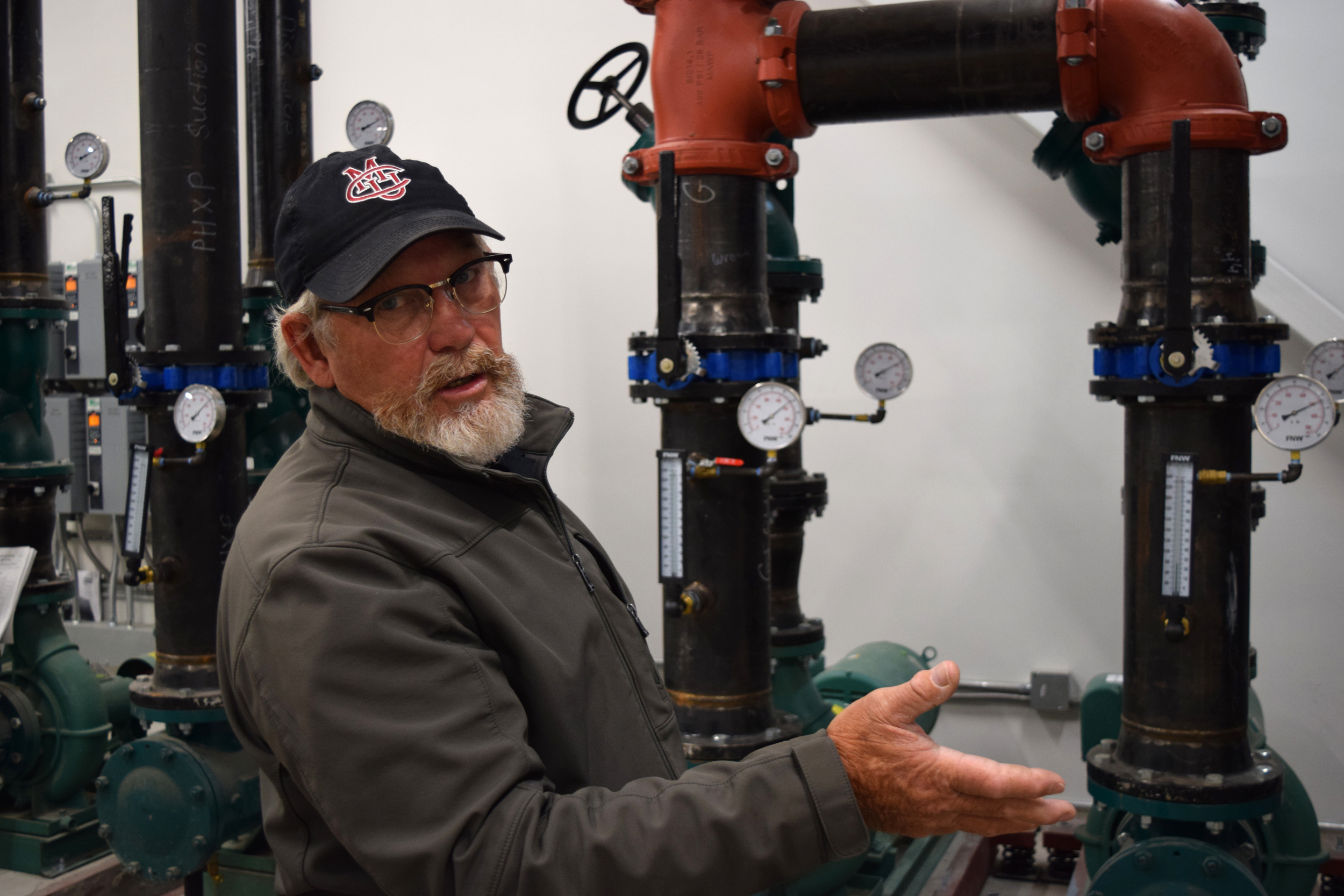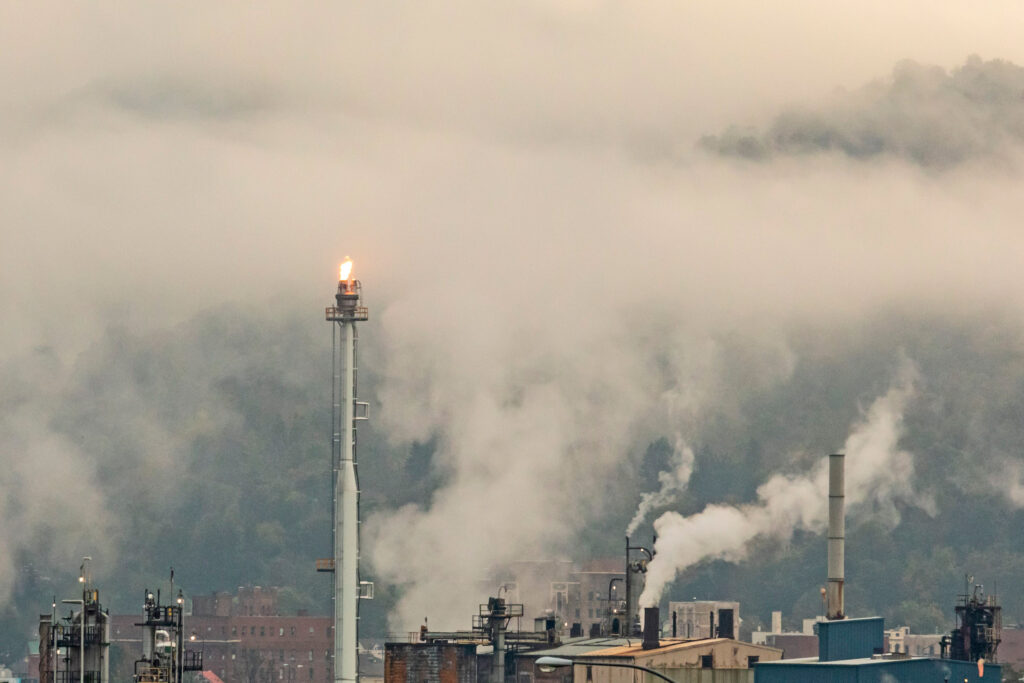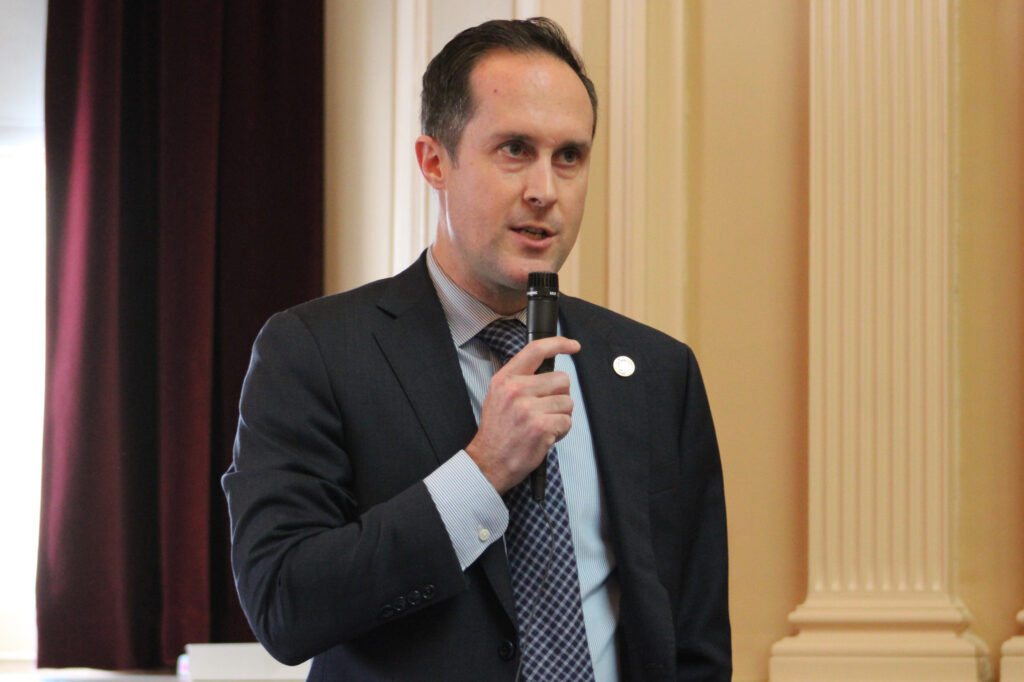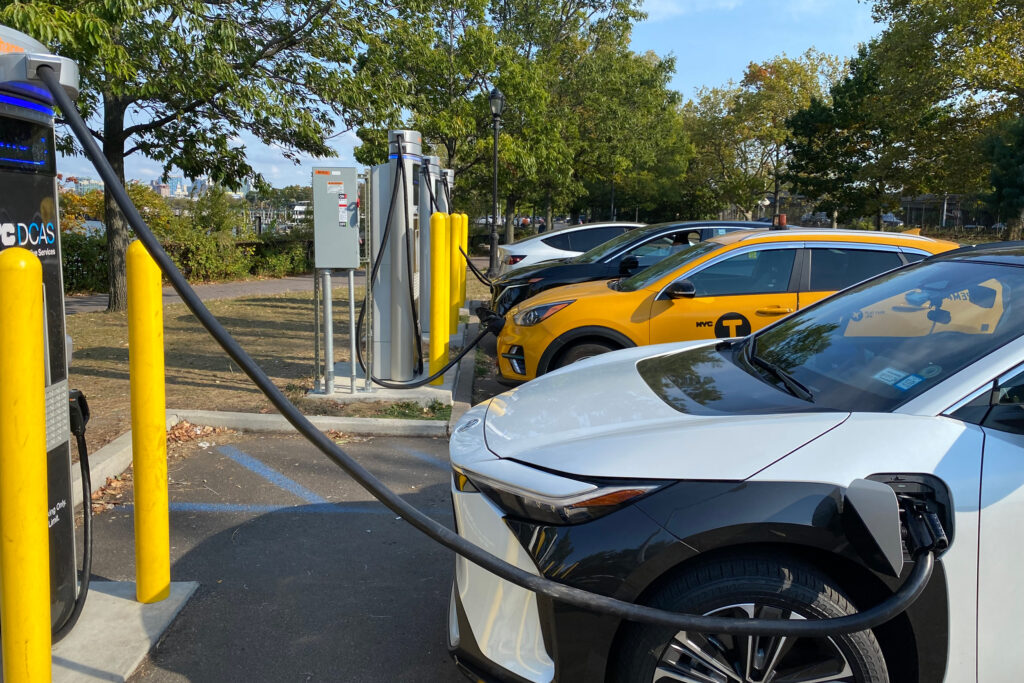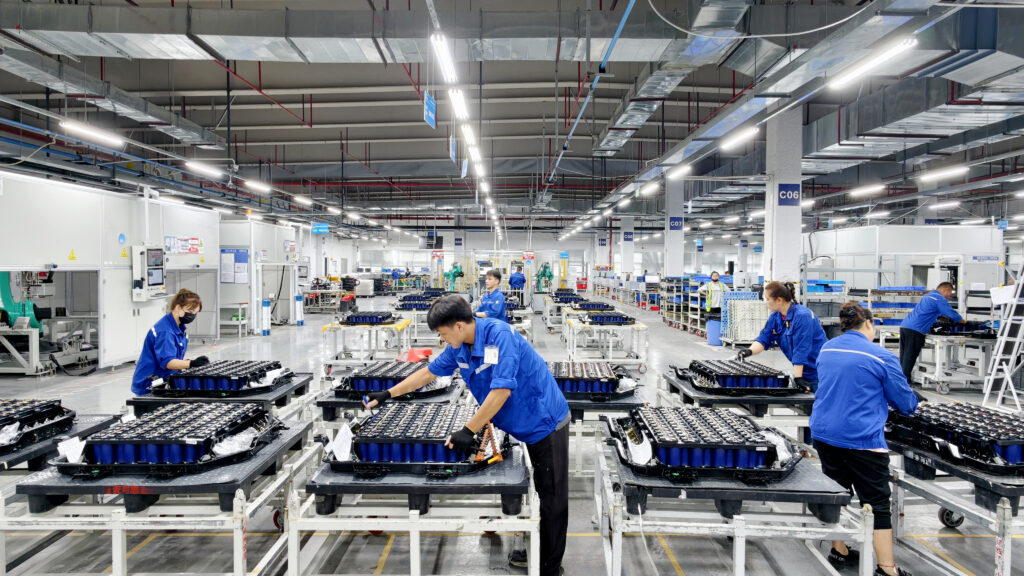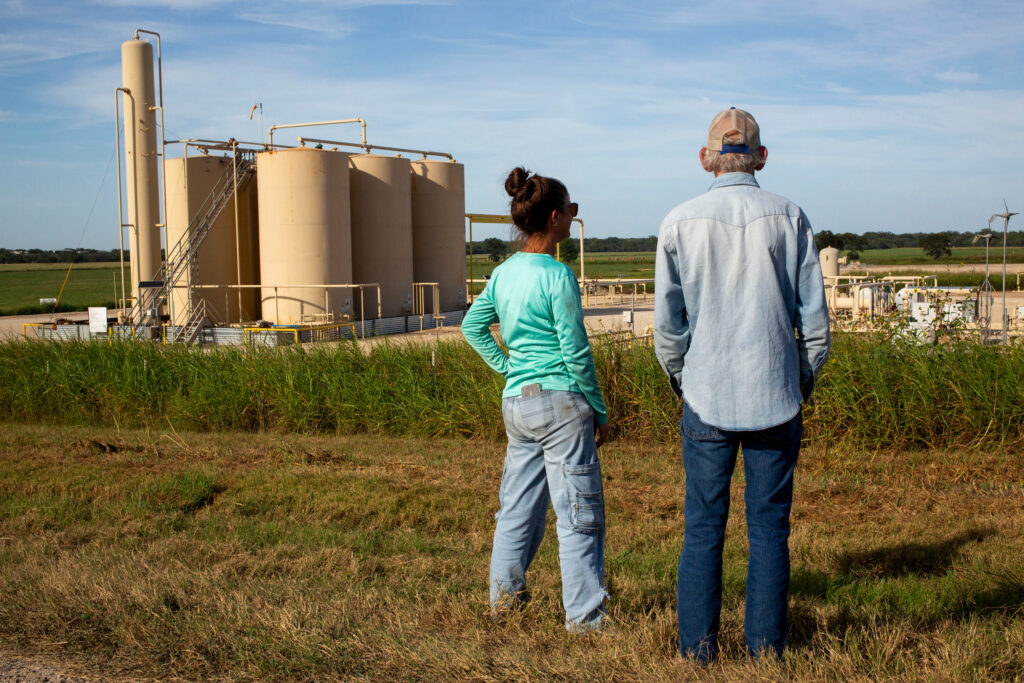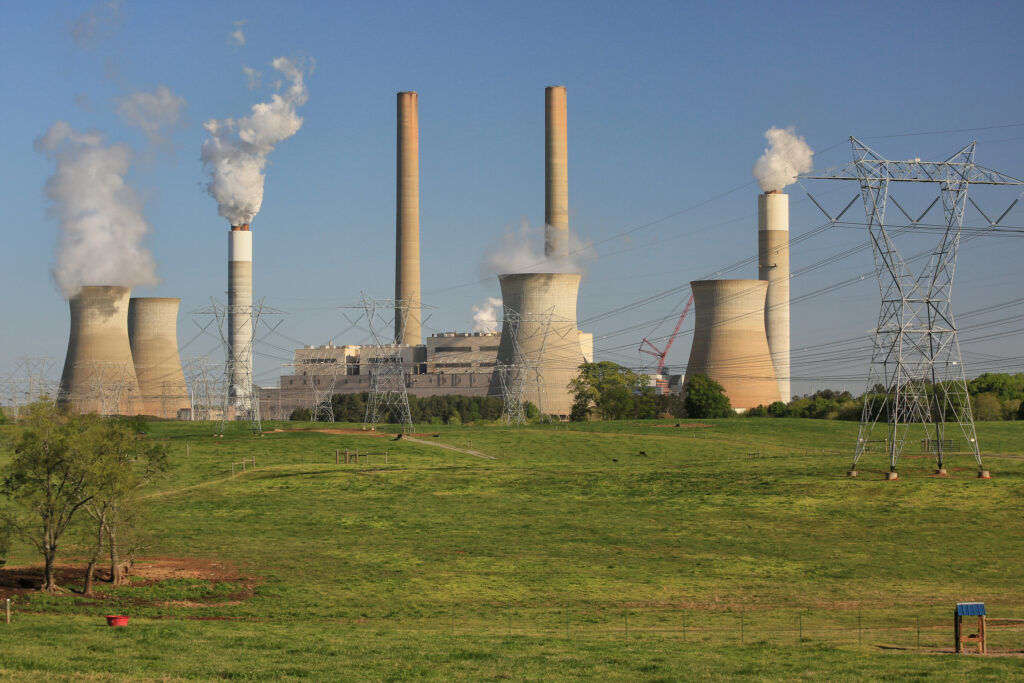Ground source heat pumps, a small but growing segment of the U.S. heating and cooling sector, could help slash energy demands, boost American manufacturing and stabilize the electric grid as AI-fueled power demands soar.
That is the argument that executives whose companies manufacture the devices are making to their senators after the Senate’s draft of President Donald Trump’s “One, Big Beautiful Bill,” released earlier this week, proposed canceling a key industry tax incentive.
Under existing federal policy, individuals who install geothermal heating and cooling systems—as well as solar, wind, batteries or fuel cells—earn tax credits that offset 30 percent of the project’s total costs. The incentives gradually phase out over time before ending entirely for installations that begin construction after 2034.
The draft budget reconciliation bill by the Senate Finance Committee would eliminate the residential clean energy credit far sooner, just 180 days after being enacted.
We’re hiring!
Please take a look at the new openings in our newsroom.
See jobs
The change would be devastating for all clean energy technologies eligible for tax credits but would hit ground source heat pumps particularly hard, industry executives said.
The devices tap thermal energy from shallow wells or bores drilled several hundred feet underground, where temperatures remain constant, approximately 55 degrees, throughout the year. The earth’s steady temperature allows for highly efficient heating and cooling that pay off over time.
The systems are two to four times as efficient as air source heat pumps, the next most efficient heating and cooling technology, but because they require digging or drilling into the earth, geothermal systems cost approximately twice as much to install.
Ground source heat pumps are now used in just over 1 million U.S. homes, or about one percent of all residences, according to a recent report by the U.S. Department of Energy. If the technology were more widely deployed, it could play a significant role in reducing demands on the electric grid, especially during periods of extreme heat or extreme cold, when air source heat pumps are less efficient.
“Every 1,000 homes that install a geothermal heating and cooling system, on average, would eliminate 10 megawatts of winter peak heating load of an air source heat pump,” said John Thomas, the chief executive officer of WaterFurnace International, a ground source heat pump manufacturer that employs 350 people in Fort Wayne, Indiana.
Thomas was one of several ground source heat pump manufacturers in Indiana, Oklahoma and South Dakota who wrote letters to Republican members of the Senate Finance Committee that represent their states.
“The three things we talk about [are] domestic manufacturing, energy independence [or] energy stability and low cost for consumers who are using it,” said Derek Dwyer, chief executive officer of Enertech Global, a ground source heat pump manufacturer in South Dakota and Illinois. “This is an emerging technology that really can solve a lot of problems.”
Dwyer, whose company employs 150 people, said the existing tax credits were allowing the company to invest in and build its business.
Ground source heat pump manufacturing employs slightly more than 2,000 people in the U.S. as well as thousands of additional geothermal system designers, drillers and installers, said Ryan Dougherty, president of Geothermal Exchange Organization, a ground source heat pump industry group.
Tax incentives for larger, neighborhood-scale geothermal heating and cooling systems, the kind that utility companies have begun to build and that other community organizations are now considering, would be maintained through 2034 under the Senate Finance Committee’s draft legislation.
However, much of the industry is currently geared toward the residential market, Dougherty said.
“We feel like the rug is getting pulled out,” Dwyer said of the proposed cut in tax credits. “It’s another one of these stops and starts, which doesn’t allow industry to take hold, so that we can stand on our own in the long term.”
Dwyer and Thomas both said they’ve been in touch with their respective senators’ offices in recent days and are cautiously optimistic that the residential tax credits for geothermal will be preserved.
“Senator Young continues to have conversations with his colleagues and stakeholders about improving the House-passed bill and addressing our nation’s debt and deficit challenges,” Matt Lahr, a spokesperson for Sen. Todd Young (R-Ind.) said in a written response to Inside Climate News.
However, if the tax credits aren’t maintained, Dwyer said he fears his industry will face massive layoffs, similar to when residential tax credits for ground source heat pumps expired at the end of 2016, before being reinstated in 2018.
“We lost roughly half of our company due to the decline in business and lack of support,” Dwyer said, noting it took much of the past eight years to rebuild. “If it does go away, the fear is that we may see a similar impact.”
About This Story
Perhaps you noticed: This story, like all the news we publish, is free to read. That’s because Inside Climate News is a 501c3 nonprofit organization. We do not charge a subscription fee, lock our news behind a paywall, or clutter our website with ads. We make our news on climate and the environment freely available to you and anyone who wants it.
That’s not all. We also share our news for free with scores of other media organizations around the country. Many of them can’t afford to do environmental journalism of their own. We’ve built bureaus from coast to coast to report local stories, collaborate with local newsrooms and co-publish articles so that this vital work is shared as widely as possible.
Two of us launched ICN in 2007. Six years later we earned a Pulitzer Prize for National Reporting, and now we run the oldest and largest dedicated climate newsroom in the nation. We tell the story in all its complexity. We hold polluters accountable. We expose environmental injustice. We debunk misinformation. We scrutinize solutions and inspire action.
Donations from readers like you fund every aspect of what we do. If you don’t already, will you support our ongoing work, our reporting on the biggest crisis facing our planet, and help us reach even more readers in more places?
Please take a moment to make a tax-deductible donation. Every one of them makes a difference.
Thank you,




